
EVP candidates present initiatives, goals
The candidates for SA external vice president debated and presented their platforms on Friday night before the SA presidential debate in the McMurtry commons.

The candidates for SA external vice president debated and presented their platforms on Friday night before the SA presidential debate in the McMurtry commons.
Voters in Iowa and New Hampshire cast their votes for Democratic and Republican nominees earlier this month, and Rice students were paying attention.
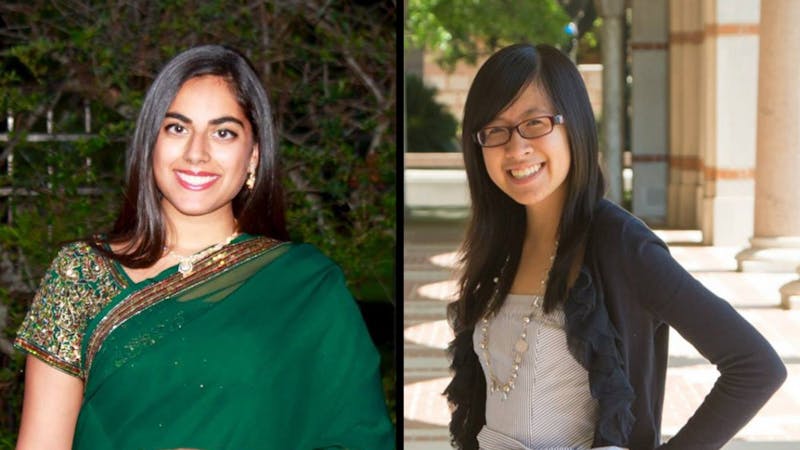
Rice Program Council external vice president Jodie Nghiem and co-chair of RPC’s socials committee Iman Khan are running for the position of next year’s RPC president. This is the second campaign for RPC president for Nghiem, a McMurtry College junior.

Unopposed candidate for secretary Sonal Pai hopes to serve as a moderate voice in SA Executive meetings and increase awareness of the SA's function on campus.
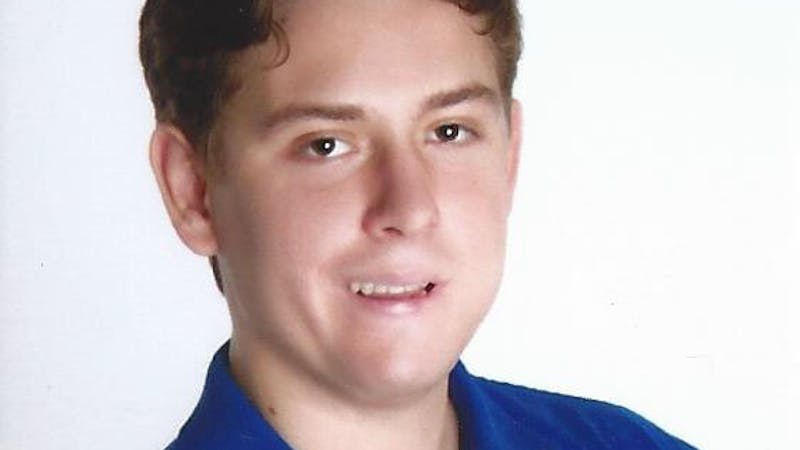
As an unopposed candidate running for the position of treasurer, Maurice Frediere hopes to use the role to streamline the process of club funding. He wants to consolidate clubs with similar goals to ensure that funding for student organizations is used efficiently.
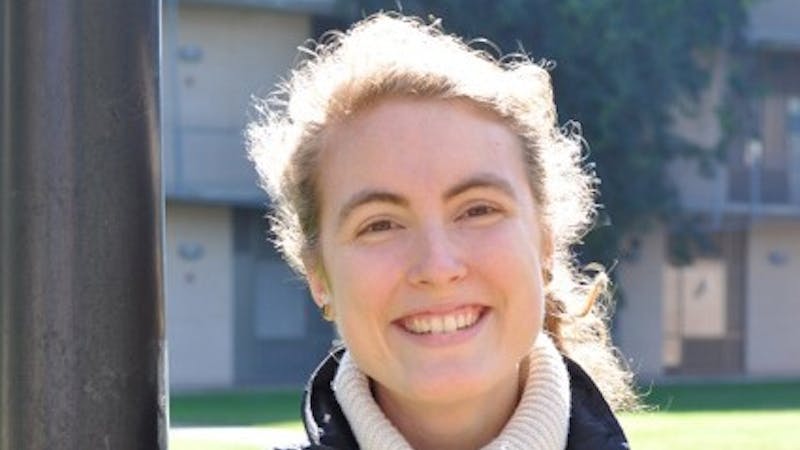
Hannah Todd, who currently serves as a New Student Representative in the SA, says her experiences with working with H&D and working under the EVP give her the ability to harness the potential of the SA to create change.
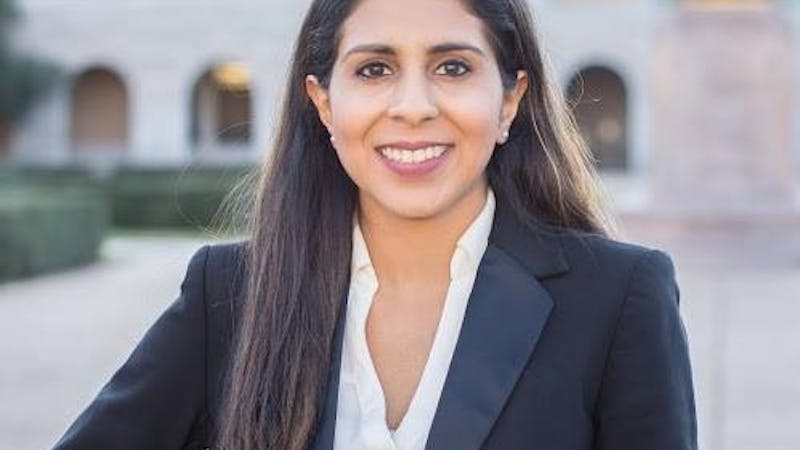
Komal Luthra’s platform features a strong academic focus. As current chair of the Academic Committee, she has focused on getting students more involved inside and outside the classroom. She described two of the committee’s goals: encouraging communication between students and professors outside of class time and eventually creating a used book exchange event to supplement online postings through Facebook groups.
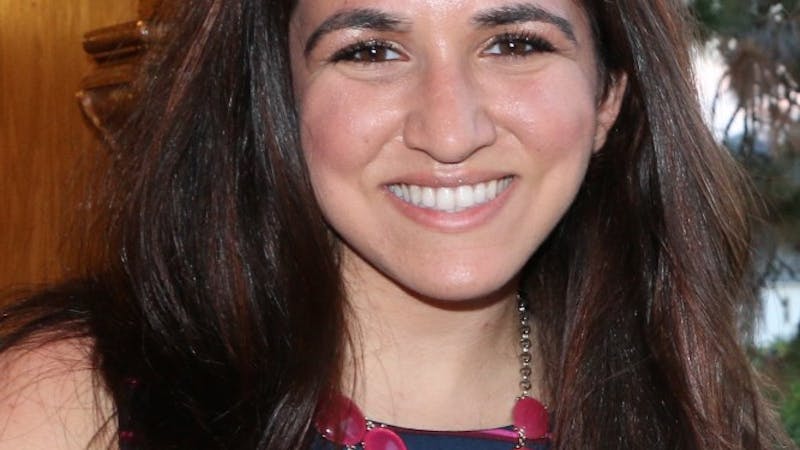
According to Brianna Singh’s platform, people are only as good as the community they live in, and she believes she can make the Rice community better as External Vice President. She served as a Hanszen College NSR and was Environmental Committee Co-Chair her freshman year. Currently, she serves as the SA Secretary.
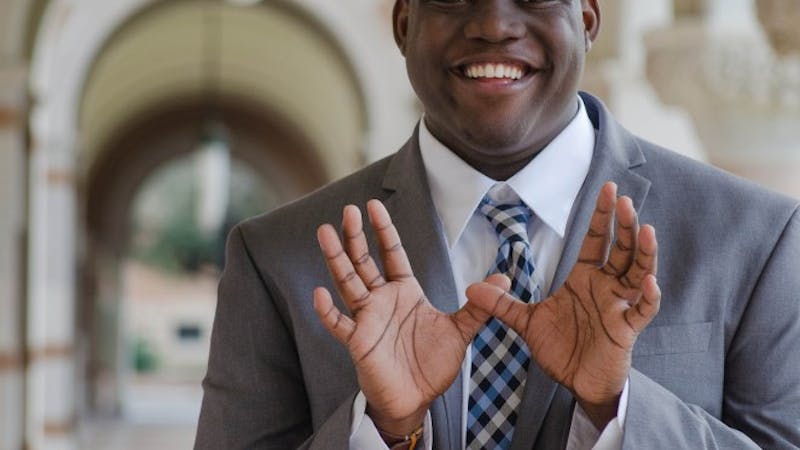
As a candidate for Student Association External Vice President, Justin Onwenu’s platform focuses on a broad range of issues. In his campaign platform, Onwenu said as EVP he hopes to expand the use of tetra and give student more options with the meal plan, to establish greater lines of communication between students and the Honor Council and Student Judicial Programs, to increase the ability of students to give academic input through faculty advisory boards and to promote environmental sustainability.
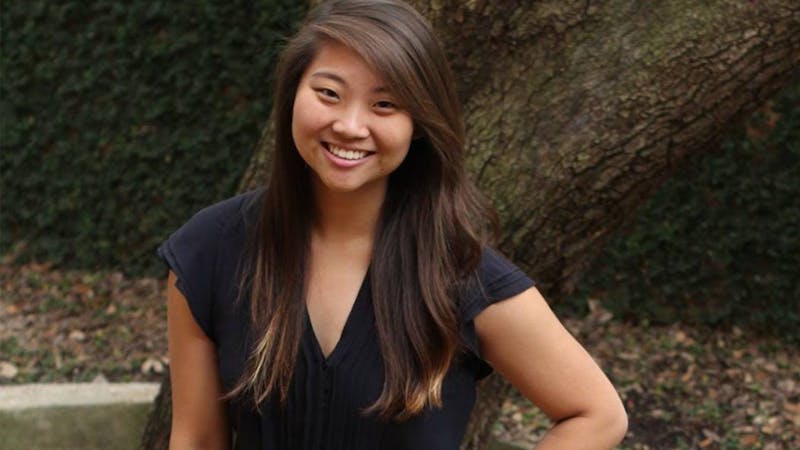
As an active member of the Student Association since her freshman year, current External Vice President Joan Liu, a Jones College junior, wants to expand her role in the SA to the presidency.
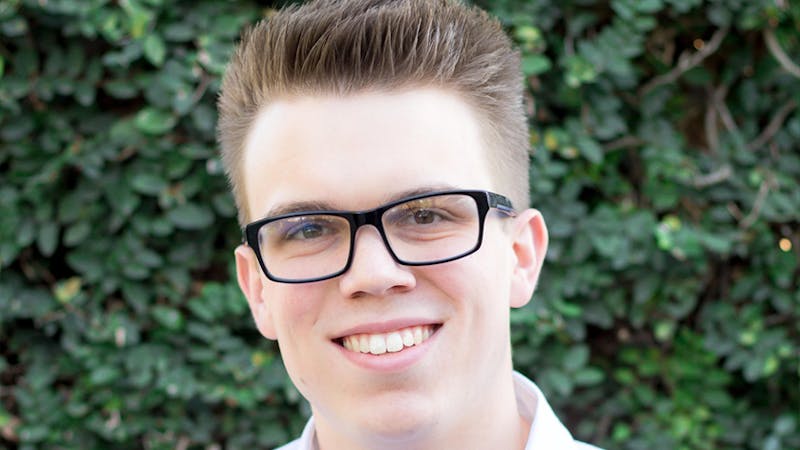
Current Lovett College President Griffin Thomas, a junior, is trying to shift his focus from running a college to campus-wide government, a return to the Student Association after a stint as a New Student Representative freshman year.
The Student Association General Election ballot proposals this year include amendments to the SA Constitution related to blanket tax as well as amendments to the University Court Constitution. The blanket tax-related amendments to the SA Constitution will revamp the process of funding for subsidiary organizations and oversight.
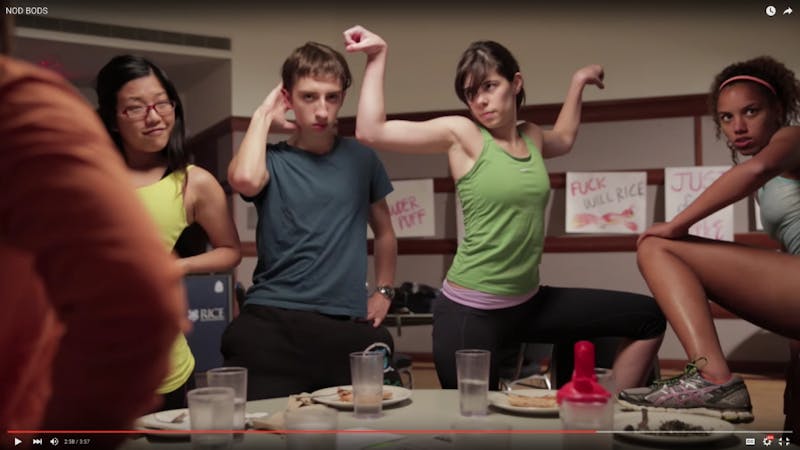
The Blanket Tax Committee recommended that Rice Video Productions’ blanket tax subsidiary status be removed at the Student Association Senate meeting on Feb.
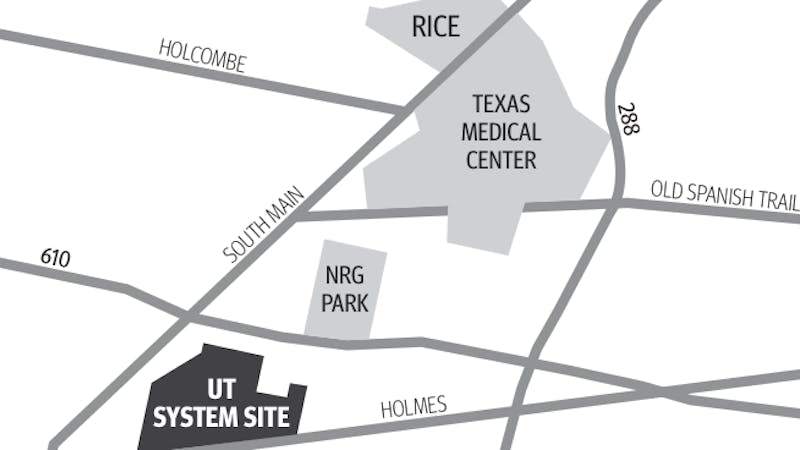
Both Texas A&M University and the University of Texas are considering plans to create new facilities in Houston, according to public statements by A&M President Michael Young and UT Chancellor William McRaven.
The Baker Institute for Public Policy was ranked among the top 5 university affiliated think tanks in the world, according to the 2015 Global Go To Think Tank Index Report released by the University of Pennsylvania.

The McMurtry Innovation and Creativity Kitchen has broken ground on construction, according to Eli Wilson, a McMurtry College senior.
Click on the thumbnail image to read interviews
The Rice Muslim Student Association and the Boniuk Council held a series of World Hijab Day events on Sunday and Monday, and encouraged female students to wear the hijab in solidarity with Muslim women who choose wear the hijab.
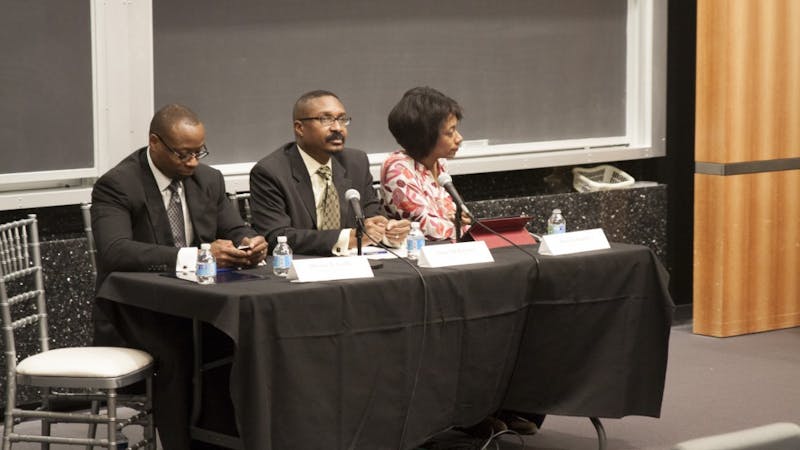
Is it justified to spend millions of dollars on a church serving primarily black neighborhoods when the congregants themselves may be of low-income backgrounds?

Rice University’s Critical Thinking in Sexuality Task Force launched a new website, Facebook page and video series this week as part of their effort to garner support and student input for a new mandatory course educating incoming students about healthy sexuality. The task force, which was created by the Student Association Senate in November with a mandate to develop a proposal for the course, is working to gain the Rice community’s backing, according to task force member Angela Masciale, who also serves as president of Hanszen College.